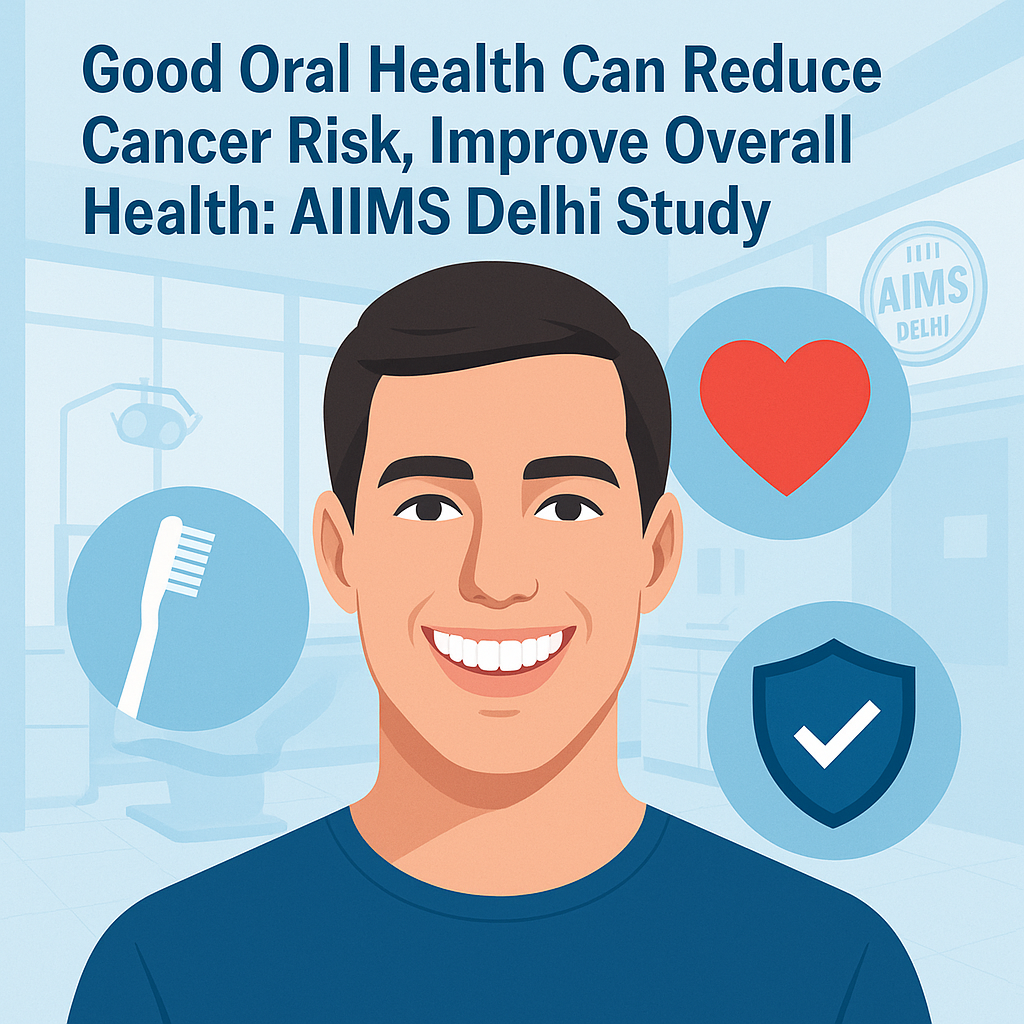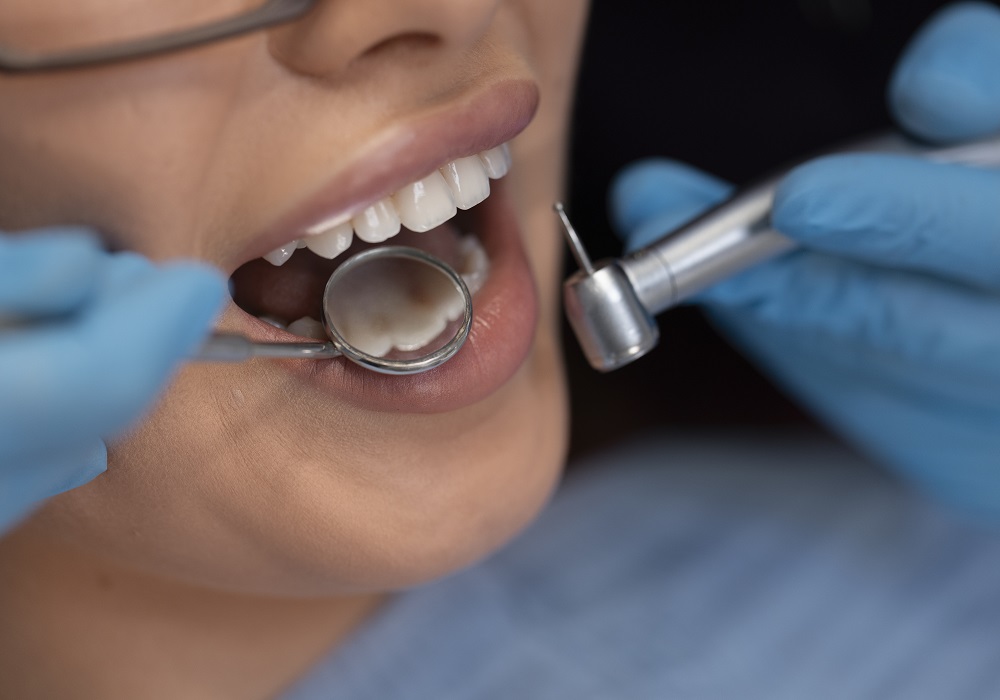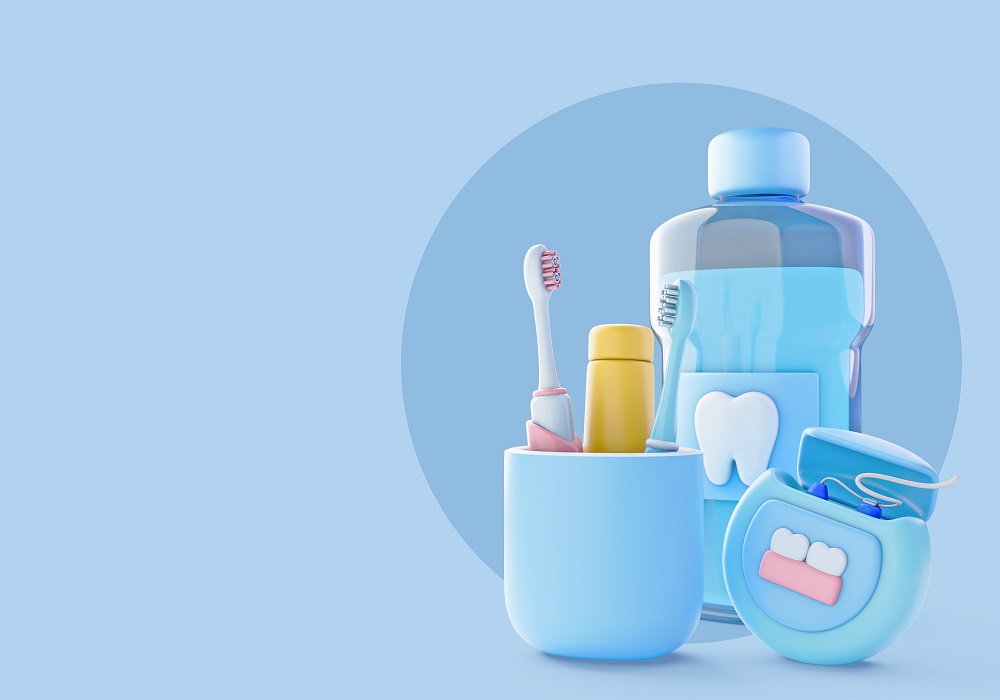Can something as simple as brushing your teeth really help prevent cancer?
Ravi, a 45-year-old IT professional in Delhi, never thought much about oral hygiene until his dentist discovered early signs of gum disease. He was shocked to learn from a recent study by AIIMS Delhi that poor oral health could increase his risk of developing certain types of cancer. Like many of us, Ravi used to think that oral health only meant fresh breath and white teeth. But science is telling a bigger story.
In a groundbreaking new study, AIIMS Delhi researchers have confirmed that good oral health can reduce cancer risk and improve overall health. This finding has major implications not just for dentists, but for every one of us.
What Did the AIIMS Delhi Study Find?
The study, conducted on a sample population over a five-year period, revealed a strong link between poor oral hygiene and increased systemic inflammation, a known contributor to cancer development. Participants with regular dental care and good oral hygiene habits showed significantly lower inflammatory markers.
How Does Oral Health Connect to Cancer Risk?
Chronic gum inflammation, also known as periodontitis, allows harmful bacteria to enter the bloodstream. These bacteria can trigger systemic inflammation, which is known to play a role in the development of cancers such as pancreatic, oral, and even colorectal cancer.
Key Findings from AIIMS Delhi:
- 40% higher inflammation markers in individuals with poor oral hygiene
- 3x higher risk of oral and oropharyngeal cancers
- Reduced immune efficiency linked to poor gum health
Why Is This Study a Wake-Up Call for Everyone?
This research doesn’t just warn against skipping dental visits; it emphasizes a more profound truth: your mouth is the gateway to your body. Ignoring it can have long-term health consequences, including higher chances of chronic illnesses.
What Are the Signs of Poor Oral Health?
You may not even know your oral health is declining. Here are some warning signs:
- Persistent bad breath
- Bleeding gums
- Loose teeth
- Swollen or receding gums
- Tooth sensitivity
If any of these sound familiar, it’s time to take your oral health seriously.
What Can You Do Daily to Protect Your Oral and Overall Health?
Good oral hygiene doesn’t require a fancy routine. Simple steps can go a long way:
- Brush twice daily with fluoride toothpaste
- Floss once a day
- Use an antibacterial mouthwash
- Avoid tobacco and limit sugar intake
- Visit a dentist every 6 months
Which Cancers Are Linked to Oral Health?
Based on the AIIMS Delhi study and supporting international research, the following types of cancer are most commonly linked to poor oral health:
- Oral cancer
- Oropharyngeal cancer
- Esophageal cancer
- Pancreatic cancer
- Colorectal cancer
Is Good Oral Health a Preventive Tool?
Absolutely. The AIIMS Delhi study supports growing global evidence that oral hygiene is a low-cost, high-impact preventive tool in reducing cancer risk and improving overall health outcomes.
How Does Oral Health Affect Other Areas of Health?
Beyond cancer, good oral health helps:
- Reduce risk of cardiovascular diseases
- Improve diabetes control
- Lower respiratory infections
- Enhance pregnancy outcomes
What Role Can Schools and Employers Play?
AIIMS experts recommend including oral health education in school curriculums and employee wellness programs. Early awareness and preventive care can cut future healthcare costs and disease risks significantly.
Can Dental Care Be More Affordable in India?
Affordability remains a barrier. The AIIMS Delhi study also urges policymakers to integrate dental care into primary healthcare and insurance coverage.
Good Oral Health Can Reduce Cancer Risk, Improve Overall Health: AIIMS Delhi Study – Frequently Asked Questions
How does good oral hygiene reduce cancer risk?
Good oral hygiene reduces inflammation and bacterial infections that can spread systemically and contribute to cancer formation, according to the AIIMS Delhi study.
Which cancers are most associated with poor oral health?
Oral, pancreatic, and esophageal cancers show the strongest links to poor dental hygiene and chronic gum disease.
Is daily brushing and flossing really enough?
Yes, regular brushing and flossing significantly reduce plaque buildup and gum disease, both of which are risk factors for systemic inflammation and cancer.
How often should I see a dentist?
At least once every six months. More frequent visits may be needed if you have ongoing issues like gum bleeding or sensitivity.
Can children also be affected by poor oral hygiene?
Absolutely. Poor oral health in childhood can affect adult health outcomes, including risks of chronic disease.
Is there a connection between gum disease and heart health too?
Yes, numerous studies including AIIMS research link gum disease with cardiovascular issues due to shared inflammatory pathways.
Conclusion
The AIIMS Delhi study clearly shows that good oral health can reduce cancer risk and improve overall health. Simple habits like brushing, flossing, and regular dental visits can offer far-reaching health benefits beyond just a great smile. It's time we recognize our mouth as a powerful indicator of our overall health.


 Dental Checkup Services
Dental Checkup Services
 Our range of products
Our range of products
 Oral Care Blogs
Oral Care Blogs
Recent Comments